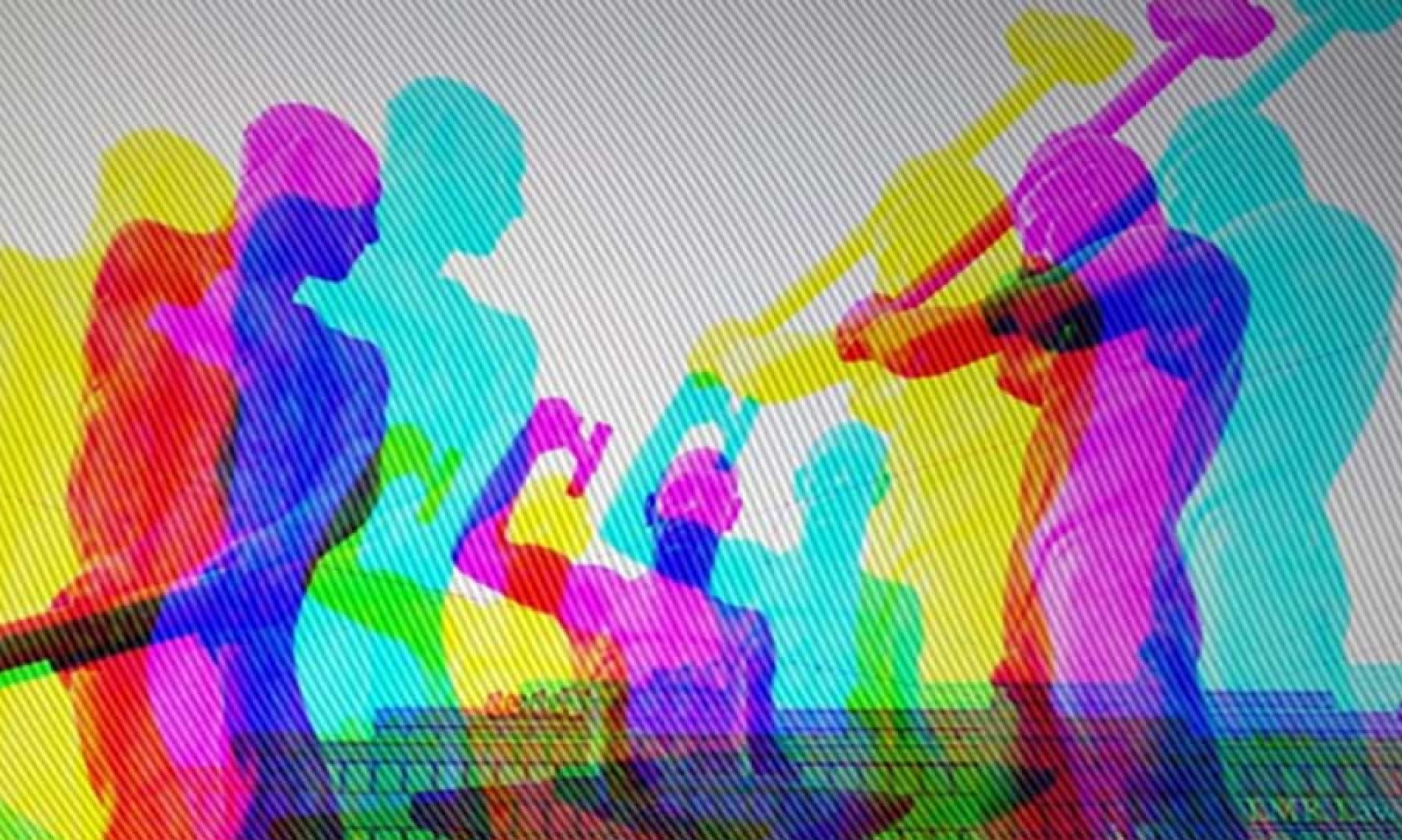Not really sure how I missed this announcement last week but there you go… An interesting new ESRC-funded project led by James Ash concerning the growth of personal/’pay day’ loans (“High Cost, Short-Term Credit”) that are accessed through mediation, such as an ‘app’. Kudos to James and team for landing this with success rates with the ESRC as low as they are – a great achievement.
I’m sure it’ll be a great project!
Digital Interfaces, Credit and Debt
I am happy to formally announce that I am primary investigator on an ESRCfunded project entitled: ‘Digital Interfaces and Debt: understanding mediated decision making processes in high cost short term credit products’ with co-investigators: Dr Ben Anderson and Dr Paul Langley.
This 18 month project (2016-2018) seeks to understand how consumers access HCSTC (High Cost Short Term Credit), such as cash and pay day loans through digital interfaces, on personal computers and mobile devices and in turn how these interfaces shape decision making processes regarding the purchasing of credit. The project proposes a novel approach to debt as an everyday phenomenon that is mediated through the relationship between technology and embodied practice. Understanding how people become indebted through digital interfaces is critical to analyzing and explaining contemporary indebtedness because 82% of cash and pay day loans, a key form of HCSTC, are now applied for and managed via digital interfaces on laptops, tablets and smart phones (Competition and Markets Authority, 2015). Through original empirical investigation with designers and users of mobile interfaces, debt support charities and financial regulators, the research will generate new evidence about everyday experiences of debt and indebtedness and contributes to important societal and academic debates about emerging forms of credit and problematic forms of economic subjectivity.
The project begins later this year and will have its own dedicated website and Twitter account, which will be publicized in due course.


